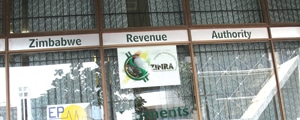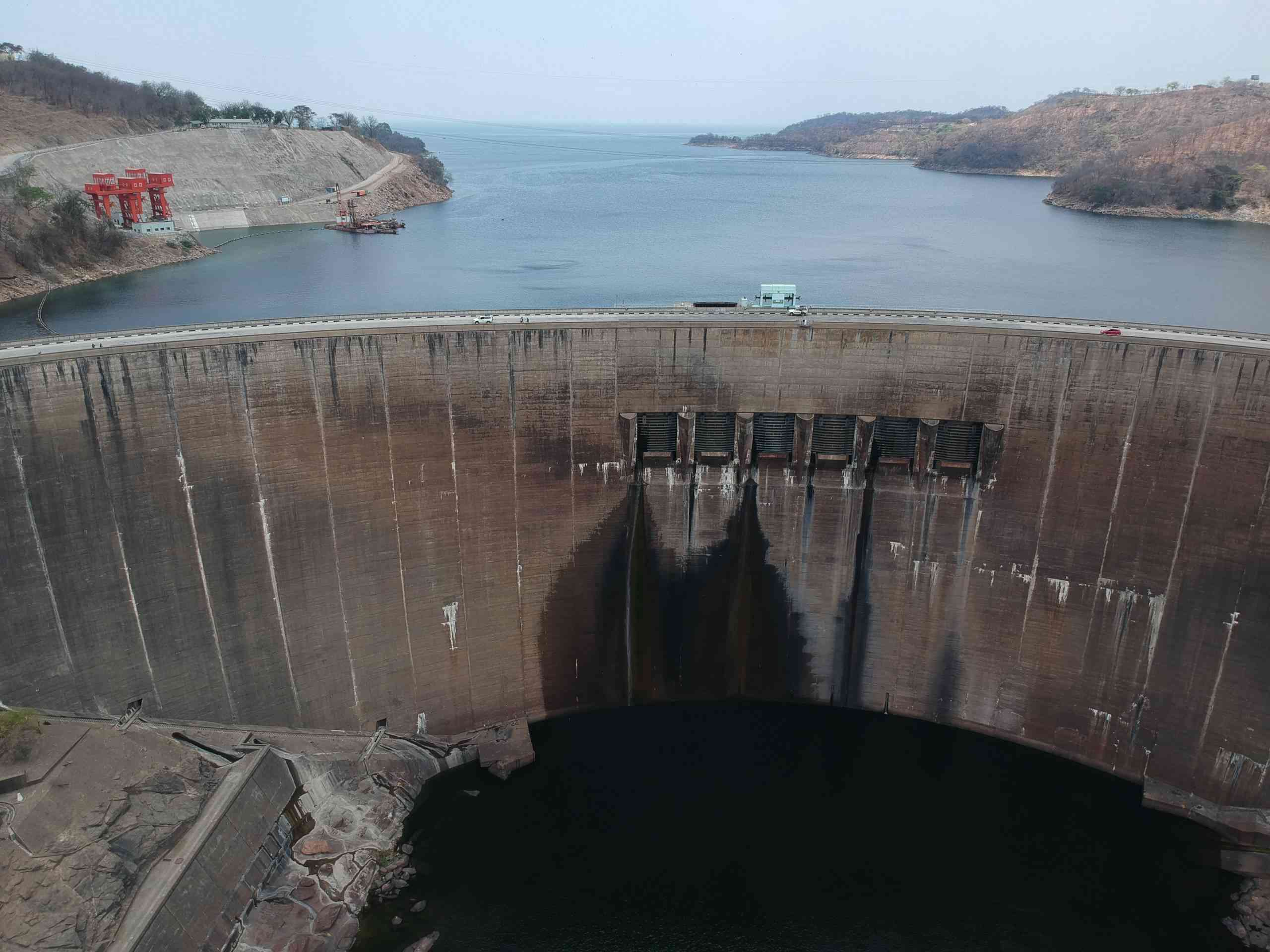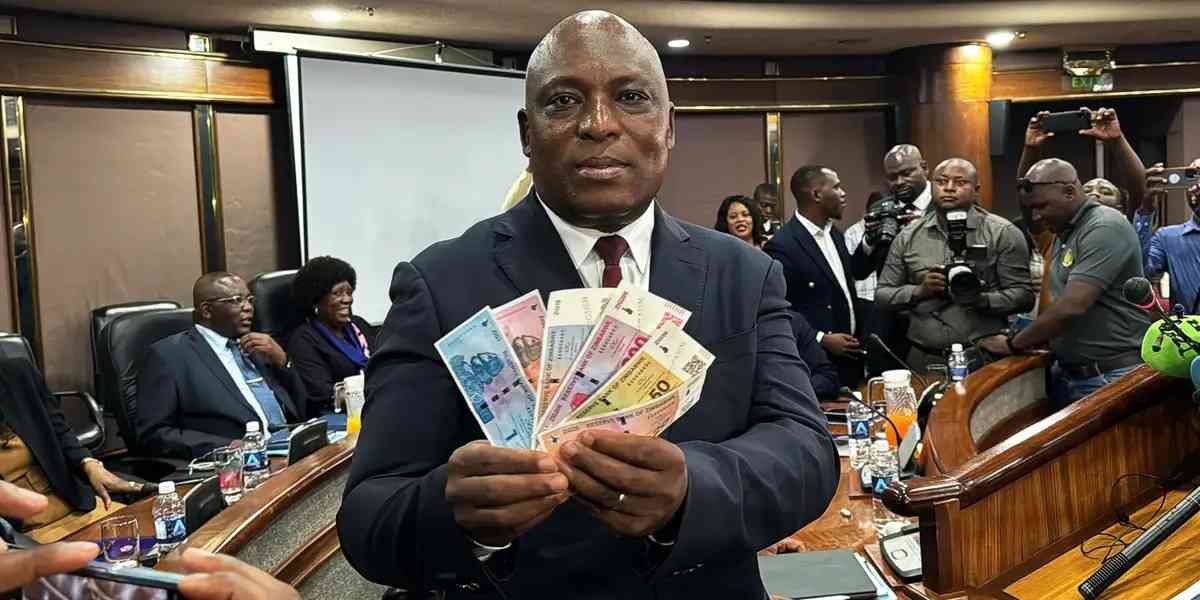
Zimbabwe Revenue Authority (Zimra) commissioner-general Gershem Pasi says the new Constitution is expensive as it has created various funds that would drain Treasury.
BY VICTORIA MTOMBA
Speaking at the Fiscal Space Policy Dialogue yesterday, Pasi said the country has reached a point where people should not censor themselves, but advise the executive on practical issues. He said whether the government takes that advice on board or not, was something else.
Fiscal space is the room in a government’s budget that allows it to provide resources for a desired purpose without jeopardising the sustainability of its financial position.
“We have some legacy issues, one of which is what happened during the Government of National Unity. We had a new Constitution and it is a very expensive constitution. Today we are talking about creating fiscal space. Through the Constitution we created additional legislatures in both houses. When we did the expansion, we did not look at the dollar side of things,” Pasi said.
The new Constitution states that there should be a Gender Commission, Human Rights Commission, Media Commission, Electoral Commission and National Prosecuting Authority.
Pasi said when the country adopted the multi-currency regime, salaries were pegged basing on artificial levels from the hyper-inflationary environment.
“We have never needed a social contract more than now. What would happen if we went further, let’s cut prices, let’s cuts salaries. Otherwise all we are doing is fire fighting. We are going deeper and deeper in a hole. We need to take drastic measures,” he said.
- Chamisa under fire over US$120K donation
- Mavhunga puts DeMbare into Chibuku quarterfinals
- Pension funds bet on Cabora Bassa oilfields
- Councils defy govt fire tender directive
Keep Reading
“There is a multiplicity of useless institutions, but we continue to create non-productive entities which are funded by government. Why do we create funds which are managed outside?” he said.
A local industrialist, Kumbirayi Katsande, said the country needed to realise that its problems were not unique and there was need to learn from others.
Katsande said privatisation was talked about by treasury but the line ministries have not acted on it.
He said foreign direct investment was already there and all that needs to be done is to talk to those investors who are already in the country to increase their investment inflows.
“We have to be aggressive to speak to investors who are already here,” Katsande said.
Zeparu executive director Gibson Chigumira said the key issues were about growing the economy.
“In terms of taxes, we are there around 30% of GDP. The potential to raise revenue is there. What is not growing is GDP. We can play all gimmicks, but without growing the economy we would not do anything,” he said.
Chigumira said the manufacturing sector capacity utilisation level has been on a decline since 2012 and was now at 33,7%. He said the sector exports primary products that are of less value and generate less value.
He said during the peak years, the manufacturing sector used to contribute 27% to the GDP, but now its contribution is at 14%.
Chigumira said the focus on the collection of small pockets of taxes may not realise much to grow ZimAsset.
The meeting was attended by various stakeholders in the economy with the aim to address the issues of fiscal space.
The fiscal space in Zimbabwe has been shrinking due to the increases in recurrent expenditure, with 83% of the country’s national budget going towards salaries and wages and the rest to capital expenditures.
The limited fiscal space has impacted negatively on the country as it has failed to invest in infrastructure and social services.











